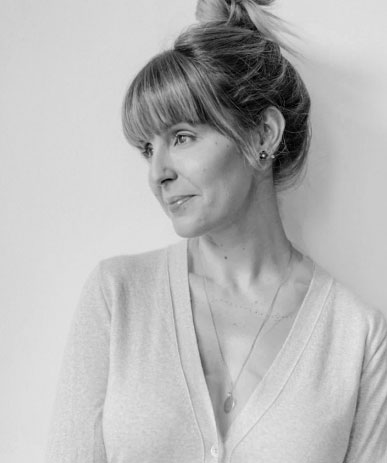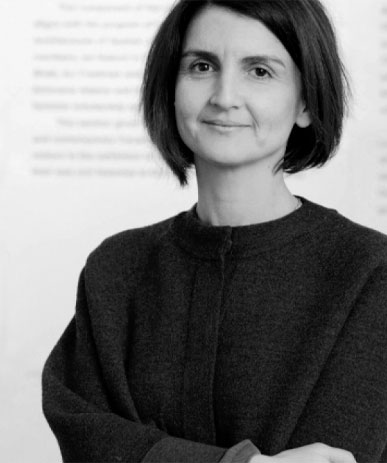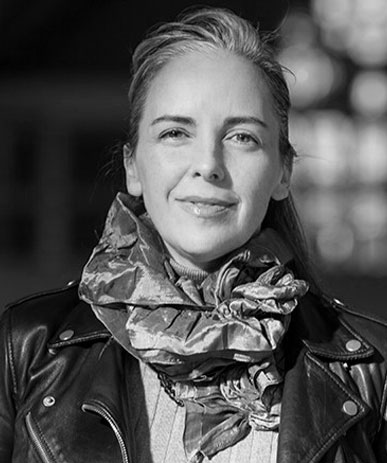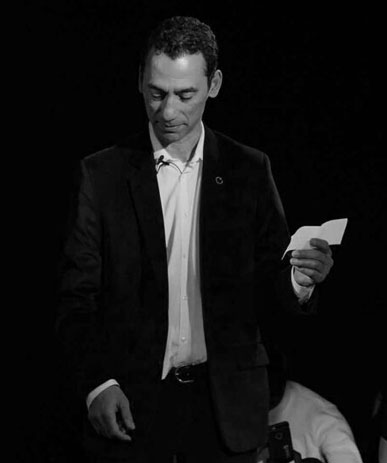INTERVIEWS
Tatewin Means, and Kimberly Pelkofsky
Interviewer: Greg Labrosse
Language of interview: English
Country of practice: United States
Profession: Tatewin Means is Thunder Valley’s Executive Director, and Kimberly Pelkofsky is Thunder Valley’s Director of Design and Planning.
Tatewin Means and Kimberly Pelkofsky work for Thunder Valley, an Indigenous community development corporation that since 2007 is working on fostering systemic change on the Pine Ridge Reservation, in South Dakota. They work with education and language initiatives, and housing, food sovereignty, and youth programs, to address systemic inequities through healing practices in the form of traditional ceremonies. According to Tatewin and Pelkofsky, the attempt to incorporate restorative justice practices within a traditional justice framework is a colonial imposition to the Lakota people, which is the reason why their approach focuses on reconnecting communities, and recovering kinship bonds.
During our conversation, Tatewin and Pelkofsky talk about the importance of creating spaces rooted in traditional knowledge that allow for the protection of kinship between families, communities, and Mother Earth. They focus on traditional design aspects such as an entrance facing east, a central communal space, the use of traditional colours, and a quadratic arrangement based on the four cardinal points and the visibility of the sky. Further, they describe a housing project that drew inspiration from the traditional tipi circle and will be arranged in three circles of seven houses. They explain how during the design process they incorporated elements such as shade and benches for the elderly, access to water, a central space for the youngest members of the community, and outer spaces for older children and adults.
Tatewin describes how during the design process they had to negotiate with non-Indigenous professionals to ensure that the outcome would include the values and teachings of the Lakota community. To finalise, they explain that one of the most challenging obstacles of their work is maintaining a high level of motivation while facing the difficulties of collective intergenerational trauma, racist and oppressive systems, working around colonial attitudes and structures, and finding access to capital.

is an author, speaker, columnist, and podcaster in the fields of architecture and decorative arts. She is completing her MA in Art History at Concordia University, Montréal, and holds a Bachelor of Commerce with a major in Marketing from John Molson School of Business. She studied Industrial Psychology in Los Angeles, California. Sicotte is the author of two published books on design (2015, 2018) published by Les Éditions Cardinal.

is a Colombian PhD candidate in the Department of Art History at Concordia University. She has a background in architectural design and community activism and holds a master’s degree in Building and Urban Design from the Bartlett School of Architecture in London, England. Her interests focus on socially-engaged art, social movements, collaborative activism in post-conflict scenarios, collectively-produced art, and art produced in relation to the built environment.

is a PhD candidate in Humanities at Concordia University. His research focuses on spatial agency, social aesthetics, youth narratives, and graphic representations of urban memory. He has published on the relationship between children, play, and public space in Cartagena, Colombia. He has also worked as an editor on literary projects, including Territorio Fértil, which received the María Nelly Murillo Hinestroza award for Afro-Colombian literature.

is Associate Professor and Canada Research Chair in Architectures of Spatial Justice (Tier 2) at the Peter Guo-hua Fu School of Architecture at McGill University, Montréal, Québec, Canada. Her research interests include low-income housing and participatory design, civil protest and urban design, and campus landscapes and race. Her publications include the co-edited book, Orienting Istanbul (2010) and solo-authored book, Istanbul Open City (2018).

is an artist and a professor of Art History at Concordia University. Her work focuses on women and the history of the built environment, urban landscapes, research-creation, and oral history. She has published on the spatial history of the suffrage movement, public art, gardens, and the politics of urban change. In addition to her research on the spaces of restorative and transitional justice, she is leading an oral history project on the urban memories of diverse Montrealers.

is Associate Professor in the Department of Theatre at Concordia University, Montreal (Quebec, Canada). He is also the second co-director of Concordia’s Centre for Oral History and Digital Storytelling. His latest publications explore listening in the context of post-conflict performances of memory. For instance, see ‘Facilitating voicing and listening in the context of post-conflict performances of memory. The Colombian scenario.’ In: De Nardi, S., Orange, H., et al. Routledge Handbook of Memoryscapes. Routledge: London. (2019), and his article ‘Not being able to speak is torture: performing listening to painful narratives’. International Journal of Transitional Justice, Special Issue Creative Approaches to Transitional Justice: Contributions of Arts and Culture. (March, 2020)